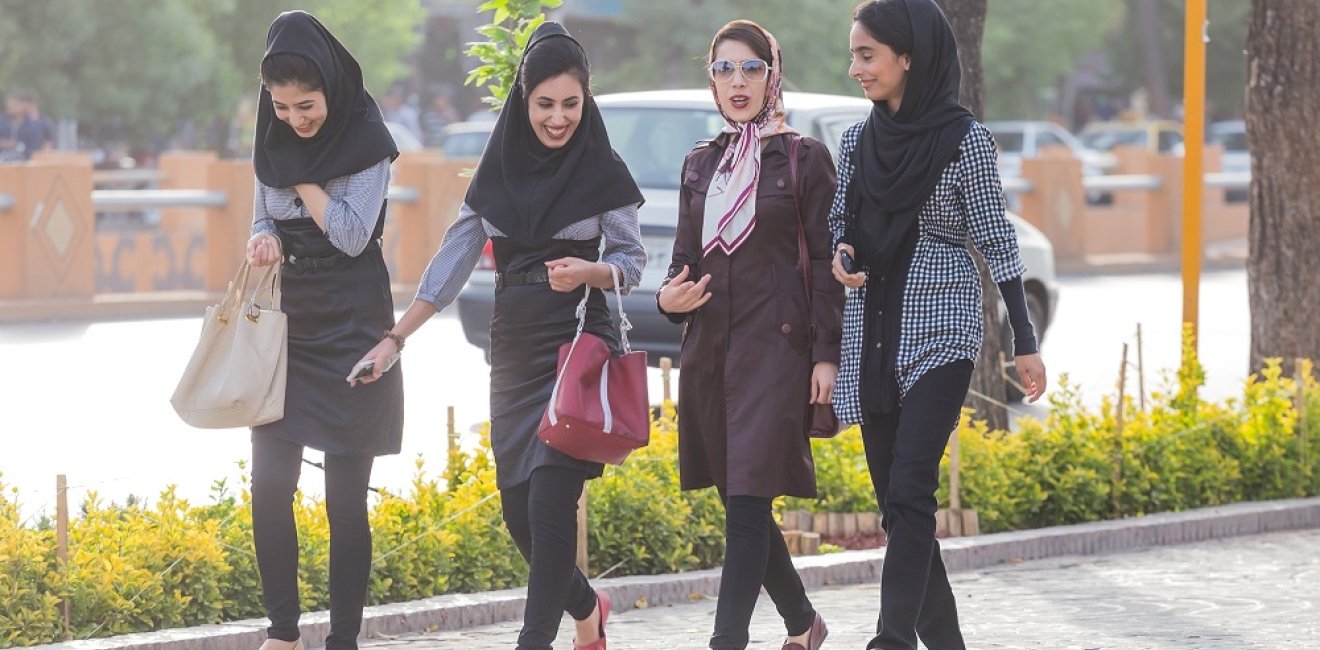
A blog of the Middle East Women's Initiative
Iranian women from different backgrounds, creeds and age groups remain vocal and active in pushing for equal rights and participation, inclusion, and respect for both human rights and women’s rights.
Women’s rights across the Islamic world have been shaped by religion and culture; and despite national differences in culture, the discrimination against women is common across the region. Yet neither religion nor culture can justify the subjugation of women or rationally explain why women are still treated as second class citizens today.
In Iran, the quest for equality started in the last century. Over many decades and through hard work, Iranian women were able to overcome the impediments imposed by culture and religion to progress on women’s rights. It was women who pushed for changes in the laws discriminating against other women. In the the late 19th and early 20th centuries, they fought for education for girls, women’s health requirements and for an active role in society. It was women, mostly educated, who welcomed the abolition of the veil, admission to universities and access to employment. Women pushed for the right to vote and be elected to parliament. They drew up a new family protection law that, among other things, gave women the right of divorce and claim child custody, and raised the marriage age for girls to 15, and later to 18. Women pushed for appointment to the cabinet and to leadership positions in government ministries. At every step, they faced the opposition of conservative and fundamentalist groups, though both Pahlavi monarchs were receptive, and acted to realize women’s aspirations. After the establishment of the Islamic Republic, women protested the re-imposition of the veil, the suspension of the family protection law, the purge of women from ministries and the judiciary, and the attempt to bar women from certain fields of university specialization.
Today, in the second decade of the 21st century and four decades after the establishment of the Islamic Republic, the struggle continues. Iranian women from different backgrounds, creeds and age groups remain vocal and active in pushing for equal rights and participation, inclusion, and respect for both human rights and women’s rights. Once again, they face the impediments rising from religion and culture – as they did over a century ago.
Author


Middle East Women's Initiative
The Middle East Women's Initiative (MEWI) promotes the empowerment of women in the region through an open and inclusive dialogue with women leaders from the Middle East and continuous research. Read more

Explore More in Enheduanna
Browse Enheduanna
Women are the Catalysts for Change in Lebanon

How Education Can Empower Young Women in MENA


